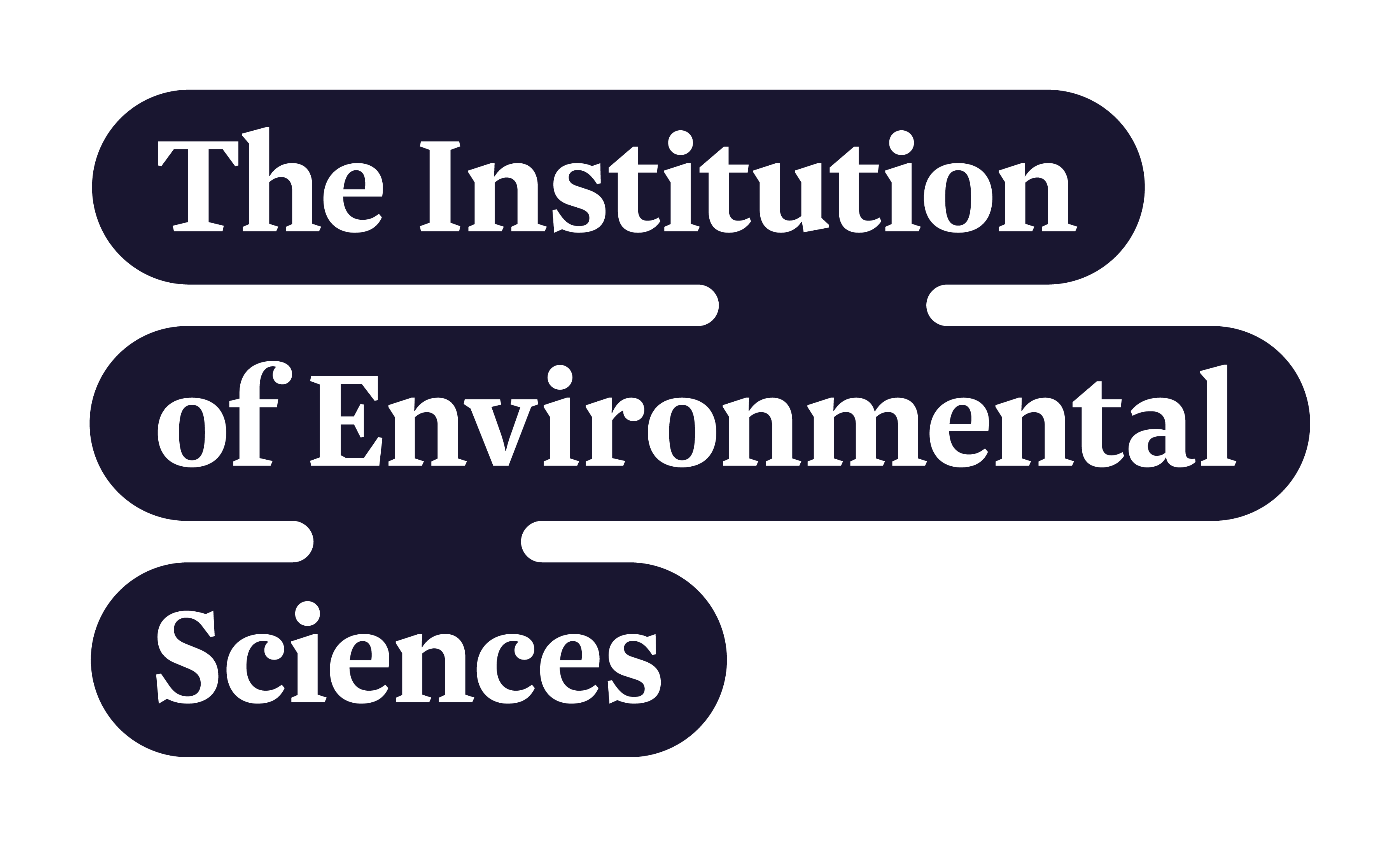Policy Update July 2015
Science Council launches competition to find the UK’s 100 leading practising scientists
After a very successful inaugural competition to find the UK’s 100 leading practising scientists, the Science Council has launched the nominations process for the 2016 competition. Building on the success of 2014 we want this year’s competition to showcase the tremendous diversity of roles, people and practice in science, including technicians, and to make a statement that a career in science is open to everyone.
As with the previous competition the Science Council’s ‘Ten Types of Scientist’ and the competencies for its professional registers will provide the framework for assessment of entries by an expert judging panel. Nominations will be drawn from professional membership bodies, science employers and other science-based organisations.
The closing date for nominations is Tuesday 1stSeptember 2015. The final list will be announced in early January 2016. You can all the information about the competition, the judging panel and how to submit nominations on the Science Council’s website.
We look forward to receiving your nominations. Please contact Oliver O’Hanlon for further details.
Science Council welcomes new Board Members
At its twelfth Annual General Meeting the Science Council welcomed three new members onto its Board of Trustees: Phillip Wright, Chief Executive of the Physiological Society; Professor Ian Campbell, Deputy Vice-Chancellor of the University of Hertfordshire; and Dr Adam Law, former Honorary Treasurer and Council member of the Geological Society. At the AGM three Board members retired: Jon Poole, Jill Rodney and Honorary Treasurer, Mark Robson stepped down. We thank them all for the contribution they have made to the Science Council over the last few years.
Science Council Policy Activity
The Science Council responded to the Department for Business, Innovation and Skills’ consultation on the dual mandate for adult further education (FE). Our response welcomed the Government’s focus on improving adult vocational education, stating that the FE sector has a vital role to play in training and developing the UK’s non-graduate technician workforce; one of the key strategic aims for the UK must be to widen access to vocational education and attract more people into the science profession. This can be achieved through a broad and flexible vocational education system that encourages people of all ages to realise their career ambitions.
The Science Council’s Workforce Research was cited in a Westminster Hall debate on science and research in the UK and regional economies. Democratic Unionist Party MP, Jim Shannon called on Members of the House to help prepare young people into rewarding science careers through good careers advice, including “the secondary sciences, as the Science Council urges us, and not to consider only what are conventionally thought of as the science sectors”. Also in the debate there was common concern over existing levels of publicly funded research and widespread interest in supporting and providing growth opportunities for all sectors and regions of the UK. MPs agreed that Government policies across different departments need to align in order to foster an environment in which science and research flourishes across the UK.
For more information on the Science Council’s policy work, contact Oliver O’Hanlon.
Science Council Professionalism in Science Group
The Science Council has established a Working Group to define what professionalism in science is and characterise what it is to practice professionally. This work will underpin our wider communications and help assist Members in their professional registers marketing activities, as well as better describe the valuable role played by professional bodies in science.
The working group has already met and some common themes have emerged. The aim is to develop a short statement or discussion paper to articulate what professionalism in science is to be published in late summer 2015. We are still keen to receive input from individuals who would be interested in participating and supporting this work. You can take part in the discussion here or contact Najmah Anshory or Diana Garnham if you would like to discuss further.
Diversity Strategy Group Vacancy
Over 60% of Science Council members have now committed to sign the Declaration on Diversity, Equality and Inclusion (DEI) and a wealth of resources are available through the website. The Strategy Group leading the project has a vacancy for a member representative. The individual should be a diversity champion or have direct experience of supporting diversity activities. The Strategy Group meets four times a year and advises on the focus of the project, champions and facilitates collaboration between members, and acts as a point of contact for external organisations. More information about the project and the Strategy Group can be found on the DEI section of the Science Council’s website. For further information or to nominate an individual please contact Nicola Hannam.
NEW PARLIAMENT: SELECT COMMITTEE CHAIRS ANNOUNCED
Science and Technology Committee
Nicola Blackwood (Conservative): a member of the Science and Technology Select Committee and the Home Affairs Select Committee in the last Parliament. She was also formerly Parliamentary Private Secretary to Matthew Hancock MP. Her recent Parliamentary voting record can be read here.
Education Select Committee
Neil Carmichael (Conservative): a member of the Education Select Committee in the last Parliament. His recent Parliamentary voting record can be read here.
Business, Innovation and Skills
Iain Wright (Labour): a former shadow minister for business and for education in the last Parliament. His recent Parliamentary voting record can be read here.
Energy and Climate Change
Angus Brendan MacNeil (SNP): a former shadow spokesperson for Transport, Work and Pensions, and the Environment. His recent Parliamentary voting record can be read here.
Environment, Farming and Rural Affairs Committee
Neil Parish (Conservative): a member of the Environment, Food and Rural Affairs Committee in the last Parliament. He is also a former Member of the European Parliament. His recent Parliamentary voting record can be read here.
Health
Dr Sarah Wollaston Conservative): a member of the Health Committee in the last Parliament. Her recent Parliamentary voting record can be read here.
Women and Equalities (new Committee)
Maria Miller (Conservative): a former Secretary of State for the Department for Culture, Media and Sport, and Minister for Women and Equalities in the last Parliament. Her recent Parliamentary voting record can be read here.
Work and Pensions
Frank Field (Labour): a former member of the Work and Pensions Select Committee in the last Parliament, and former Minister for Welfare Reform. His recent Parliamentary voting record can be read here.
EDUCATION AND SKILLS
The Digital Workforce
A report from the UK Commission for Employment and Skills (UKCES) on the UK’s digital and creative sectors highlights employers’ concerns that the current education and training system is not keeping pace with rapid technological advances and the increasingly multidisciplinarity of science. This has led to skills gaps within the existing workforce and concern about the future supply of quality ‘digital’ workers. The report calls for better access to training opportunities for the existing workforce; universities to embed digital and creative skills within course programmes; and provide better career information to young people about the opportunities and skills required to pursue a career in digital and creative occupations.
The Science Council has recently drawn attention to the role that professional bodies can play in addressing the issues raised in the UKCES report. Their links across sectors and industries make them well-placed to: identify and articulate the UK’s long-term digital skills needs; champion continuing professional development, and articulate the benefits to all of investing in the up-skilling of the workforce; and champion digital careers to young people by informing them of the increasing importance of digital skills in STEM-based careers.
Raising the esteem and status of apprenticeships
The Government has announced that under the Enterprise Bill announced in the Queen’s Speech the term ‘apprenticeship’ will be protected in law, with a view to raising their esteem and status. The Prime Minister has also established a cross Cabinet-level Earn or Learn Implementation Taskforce to support the creation of 3 million apprenticeships that was pledged in the Conservative Party’s general election manifesto.
A report from the Institute for Public Policy Research has called on Government to enable local authorities to assume greater responsibility for the delivery of apprenticeships. It calls on Local Enterprise Partnerships (LEP), Job Centres, the National Apprenticeship Service, trade unions and the Skills Funding Agency to pool capacity and services to deliver coordinated regional skills strategies; provide good quality careers information; and provide greater access for disadvantaged groups to apprenticeship opportunity.
The Science Council has previously called for apprenticeship policies to link up with those across schools and higher education, skills development, regional initiatives and infrastructure projects, planning, and regulation to achieve greater coherence, collaboration and productivity. LEPs can play a leading role in developing appropriate regional skills and apprenticeship strategies in partnership between local employers, schools, colleges, universities and employers.
The value of further education and vocational qualifications
Further and higher education funding is “is unstable and untenable in the short, let alone the medium, term; and it is inefficient and unjust”, according to a new report from Professor Alison Wolf. The report states that consistent underfunding and policy changes to FE has contributed to provision not corresponding to labour market skills demands. In order to attract and train the numbers of highly qualified technicians the UK economy needs, the report calls for a stable and unified post-19 education and training system. It goes on to argue that further education has a vital role to play in delivering high-quality vocational education, and welcomes recent emphasis on quality rather than quantity of apprenticeships as a way of developing high-level technical and vocational skills in key employment sectors.
A desk study by the National Foundation for Education Research (NFER) on the value of vocational qualifications has found that learners’ achievement at all levels of vocational education has a positive benefit on their employment and earnings potential. The study also found that employers had positive views of quality vocational education, seeing them as essential for providing young people with skills and knowledge required for employment. While more young people enter higher education via traditional ‘academic’ routes the proportion of vocational entrants is increasing particularly those with a combination of vocational and ‘academic’ qualifications. The study concludes that, as economic returns are highest and more long-term for those who achieve a Level 3 or higher qualification, young people require greater encouragement and support to progress from lower level qualifications on to further, higher levels of learning.
Increasing social mobility
The latest report from the Government’s Social Mobility and Chid Poverty Commission has found that, despite a range of initiatives to increase the socio-economic diversity of those entering professions such as law, accounting and other financial services, young people from less priviledged backgrounds are still significantly disadvantaged compared to those from more affluent backgrounds. These initiatives have brought some success but there is still much progress to be made. Candidates from Russell Group universities, for example, are significantly more likely to successfully apply for jobs in these professions compared to those educated elsewhere. Among its recommends are greater monitoring and measuring of inclusion indicators, adjusting recruitment strategies to appeal to a wider range of candidates, and provide formal and informal mentoring opportunities for students from non-traditional backgrounds.
The Science Council is committed to supporting a more diverse science workforce. The Declaration on Diversity, Equality and Inclusion has now been signed by over 60% of member organisations. A wide range of resources, guidance and other information on best practice is available to support members’ own initiatives and progress in widening access into the science professions. For more information contact Nicola Hannam.
Access to and engagement in learning opportunities varies significantly across the adult population, according to a study of 5,000 adults by the National Institute of Adult Continuing Education (NIACE). While the overall average level of participation increased in 2015 compared to the previous 4 years, participation is strongly determined by class, employment status, age and prior learning. Those in ‘professional occupations’ for example, were twice as likely to receive training compared to those in ‘elementary’ or ‘manufacturing’ occupations.
The UK must do more to attract, education, train and retain a highly-skilled science workforce. Policies that seek to improve the supply of high-quality science skills should be considered an investment in increasing the UK’s long-term global competitiveness. Very few technicians, for example, are trained in higher education institutions; yet they are a vital part of the UK’s science R&D workforce and should be supported. Appropriate mechanisms are needed to foster a culture of support and shared responsibility between employers and employees to contribute to employees’ education and training needs.
The Higher Education teaching workforce
The Universities and Science Minister, Jo Johnson MP announced that the Government will be consulting on the introduction of a Teaching Excellence Framework (TEF) for higher education. The TEF, which was included in the Conservative Party election manifesto, will aim to recognise excellent teaching, to build a culture where teaching has equal status with research and ensure that teachers achieve the same professional recognition and opportunities as researchers. A Green Paper is expected to be published in Autumn 2015.


